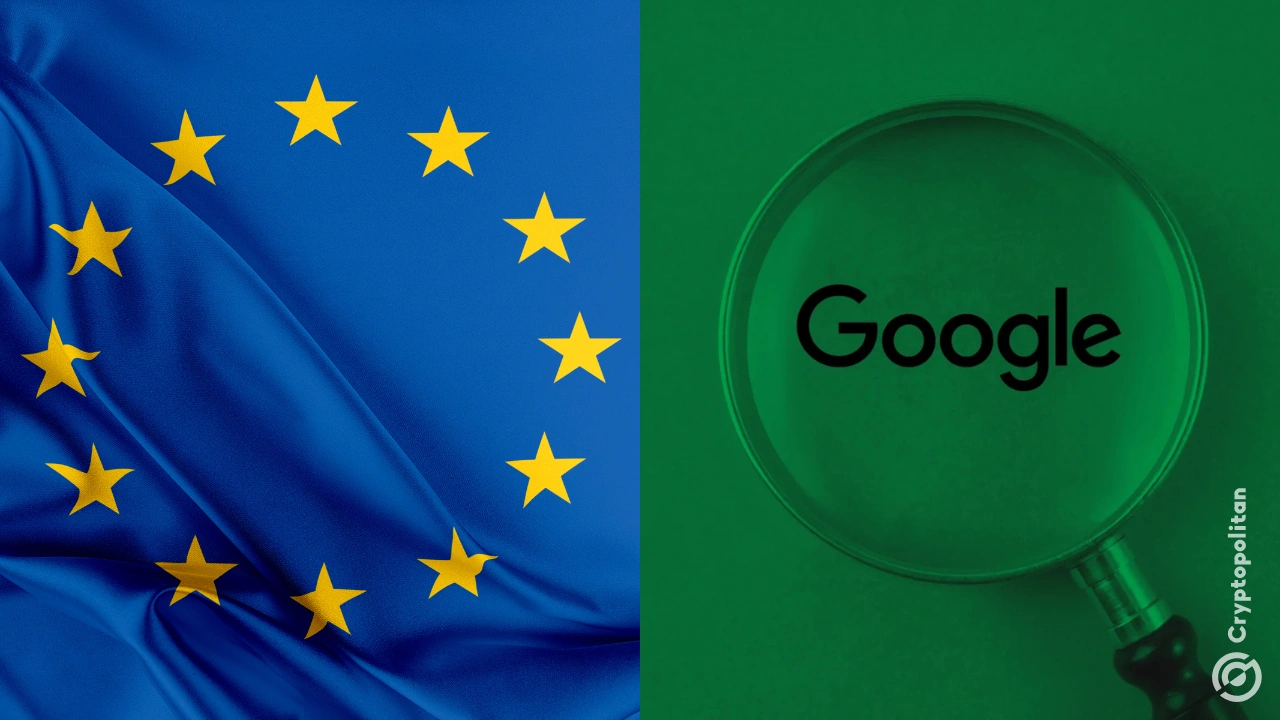The European Commission is preparing to begin a new antitrust investigation into Google under the Digital Markets Act (DMA), and it will focus on how the company ranks news publishers in its search results.
The probe, which stems from complaints by European news publishers, alleges that Google unfairly demotes outlets that include “third-party” promotional content, such as sponsored articles or paid editorial pieces, something publishers argue is essential to their revenue models.
The EU brings charges
Critics, including news industry groups, claim this Google practice gives an advantage to publishers without such content and stifles competition in the digital advertising space. The EU’s probe alleges that the American tech giant is violating the Digital Markets Act (DMA) legislation, which was implemented to prevent large “digital gatekeepers” from unfairly disadvantaging other businesses operating on their platforms.
If found that it violated the DMA, Google could face fines of up to 10% of its global turnover —potentially billions of euros—along with orders to change its algorithms or business practices.
The company appears to be attracting charges by the day. It is already under multiple DMA investigations in the EU, including probes into whether its search engine favors its own services over competitors and whether it obstructs developers from directing consumers to offers outside its app store.
This new investigation comes just two months after the European Commission fined Google €2.95 billion for its search advertising practices, a penalty that pushed U.S. President Donald Trump to threaten additional tariffs against Europe. The company has previously defended its ranking systems as neutral and based on user relevance.
Meanwhile, the news has created a buzz among some who have welcomed the move as a step toward leveling the playing field against Big Tech dominance.
Google fights allegations of using Gemini AI to spy on users
Google has to fight off the antitrust allegations just as it was accused in a lawsuit of using its Gemini AI assistant to unlawfully spy on the private communications of users of Gmail’s instant messaging and videoconference programs.
In the past, users of Gmail, Chat and Meet had the option to turn on Google’s artificial intelligence program. However, in October, the Alphabet Inc. unit “secretly” turned on Gemini for all those applications, which meant it could harvest private data “without the users’ knowledge or consent,” according to the complaint filed late Tuesday in federal court in San Jose, California.
It is not that the company prevents users from turning off Gemini, but they need to look into Google’s privacy settings to find the deactivation key for the AI tool, according to the proposed class-action suit. If they don’t do that, Google uses Gemini to “access and exploit the entire recorded history of its users’ private communications, including literally every email and attachment sent and received in their Gmail accounts,” the complaint claims.
The suit has alleged that Google is violating the California Invasion of Privacy Act, a 1967 law put in place to prohibit surreptitious wiretapping and recording of confidential communications without the consent of all parties involved.
Sign up to Bybit and start trading with $30,050 in welcome gifts
This articles is written by : Nermeen Nabil Khear Abdelmalak
All rights reserved to : USAGOLDMIES . www.usagoldmines.com
You can Enjoy surfing our website categories and read more content in many fields you may like .
Why USAGoldMines ?
USAGoldMines is a comprehensive website offering the latest in financial, crypto, and technical news. With specialized sections for each category, it provides readers with up-to-date market insights, investment trends, and technological advancements, making it a valuable resource for investors and enthusiasts in the fast-paced financial world.
